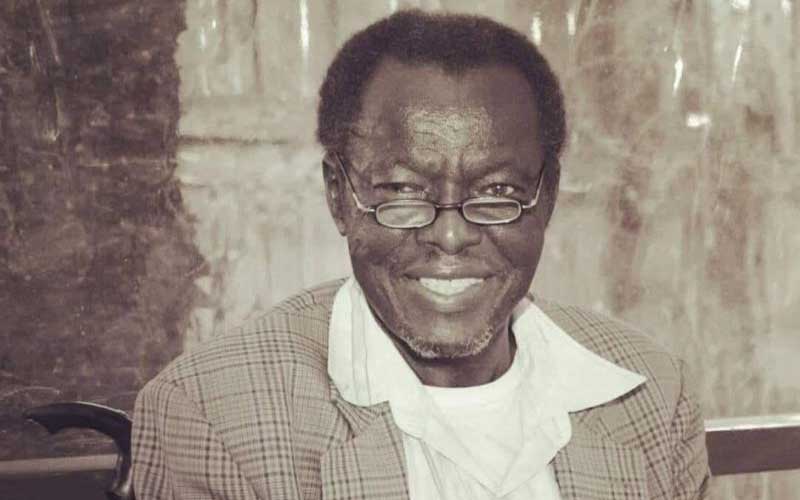×
The Standard e-Paper
Smart Minds Choose Us

Like a ship cruising on a dark night, he died unnoticed. And in his passing, Kenya lost a veteran journalist-turned-historian who had put his life on the line fighting for a better country.
Although in his later life Wanguhu Ng’ang’a, who died on February 11 this year after a long illness, has been known for contesting elections on a number of occasions, unsuccessfully, he had permanently etched his name in history in 1964.